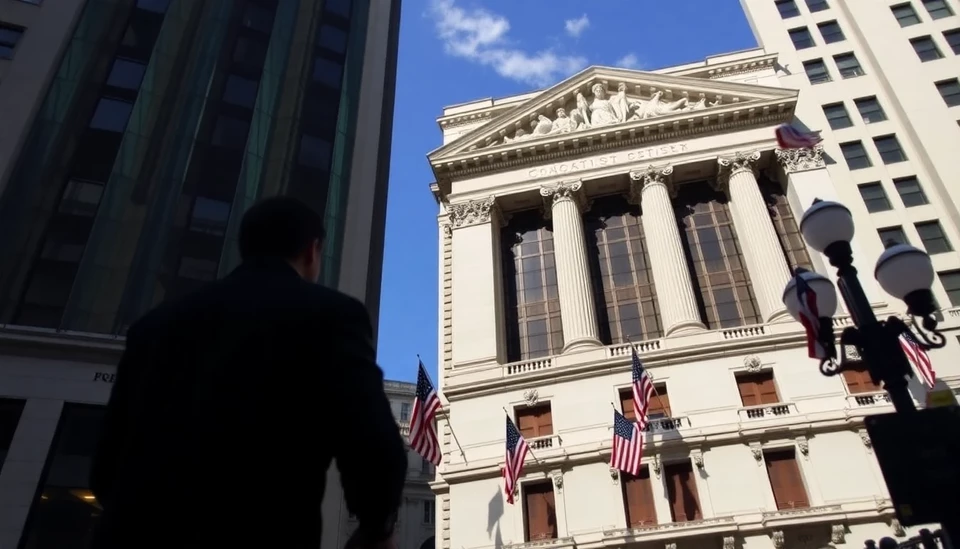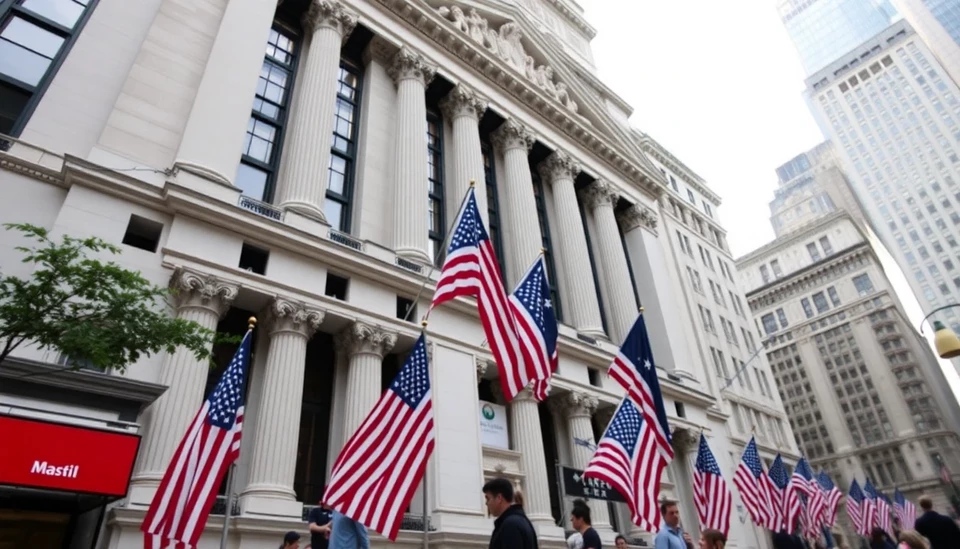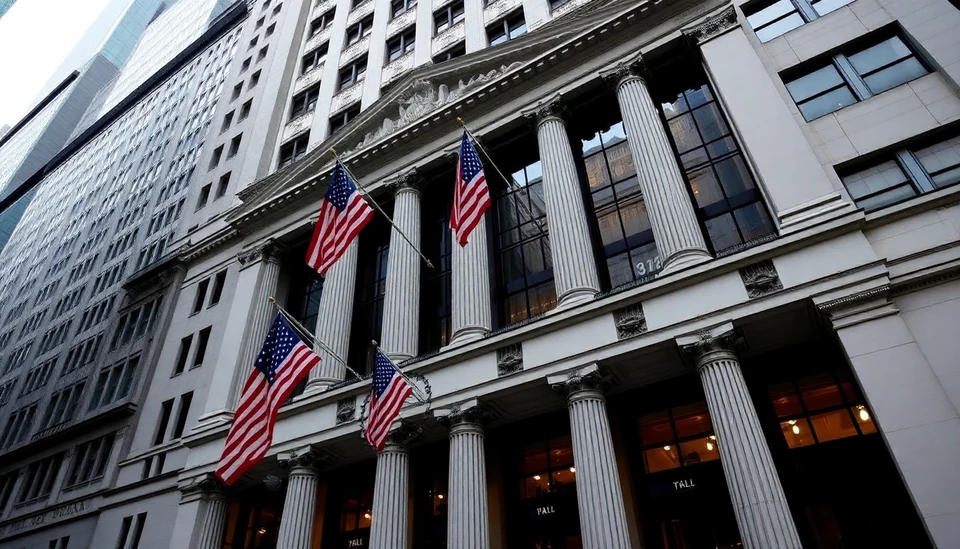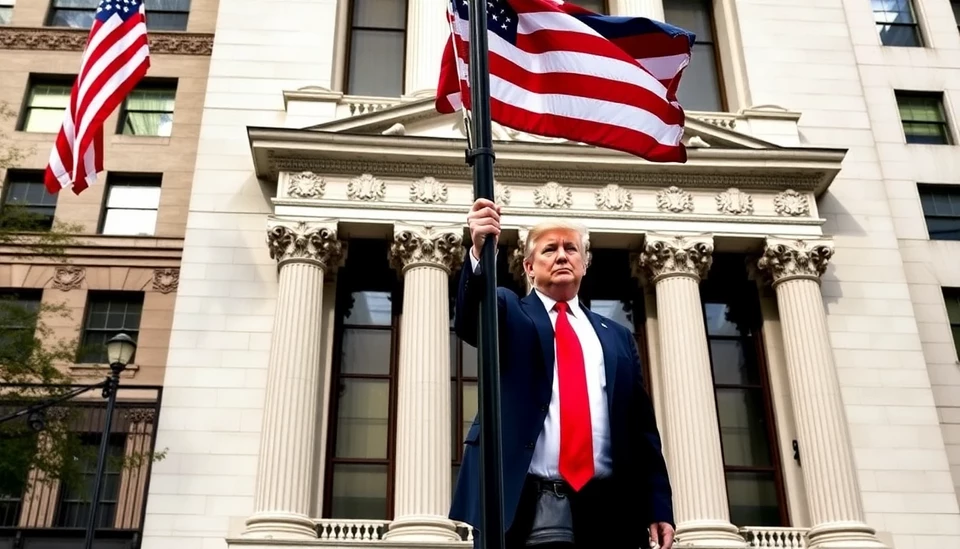
In a remarkable prediction, financial analysts are forecasting a significant rise in Wall Street bonuses for the year 2025. Major banking institutions are set to award their employees with double-digit increases, reflecting a robust performance recovery across the industry. This anticipated surge highlights the rebound of the financial sector following a challenging period marked by economic uncertainties.
Industry insiders suggest that this upswing in bonuses is driven primarily by strong trading revenues and a resurgence in investment banking activities. The major players in the banking field, particularly those among the largest banks on Wall Street, are gearing up to reward their workforce for the past year's hard work and the resulting financial gains.
The projected bonus growth comes on the heels of a noteworthy recovery in the financial markets, where several banks reported substantial earnings in their latest quarterly reports. A combination of a booming stock market, favorable interest rates, and increased merger and acquisition activity has contributed to this optimistic outlook. Analysts believe that the banks’ ability to navigate through turbulent economic waters has positioned them favorably for significant profit sharing with their employees.
According to recent studies, this expected spike in bonuses could translate into substantial financial rewards ranging anywhere from 10% to 15% more than the previous year. Such increases in bonuses not only reflect the banks' operational success but also serve to attract and retain top talent within the highly competitive financial sector.
In light of these forecasts, discussions are ongoing within the banking sectors around how these bonuses will be structured and distributed. Key considerations include ensuring a fair allocation process as well as balancing bonus payouts with the overall business strategy and employee performance metrics. With talent retention being a central theme, financial institutions are keen on implementing structures that differentiate between various levels of performance among their employees.
The anticipated rise in compensation comes amid a backdrop of tightening regulations and scrutiny over executive pay packages, which have increasingly come under the microscope in recent years. Many banks are now more cautious in how they approach compensation structures to ensure compliance and public approval.
As this news continues to develop, stakeholders within the financial industry are paying close attention to how the largest banks will respond both in terms of their bonus allocations and broader compensation strategies moving forward into 2025.
The implications of this expected bonus growth are far-reaching, potentially influencing not just individual bank performance but also the overall health of the economy. With such large sums of money being distributed, the additional spending power of employees could further stimulate consumer markets, thereby contributing to a virtuous cycle of economic growth.
As the year progresses, it will be essential to monitor trends regarding bonus distributions and their impact on both banks and the wider economy. The focus will undoubtedly be on the larger trends in the financial service sector that will shape compensation practices for the foreseeable future.
In conclusion, as major Wall Street banks gear up to reward their employees with higher bonuses, the focus remains on sustainable growth, talent retention, and the implications such financial rewards may have on the broader market landscape.
#WallStreet #Bonuses #BankingIndustry #Finance #EconomicGrowth #InvestmentBanking #EmployeeCompensation #FinancialMarkets #BankPerformance
Author: Samuel Brooks




